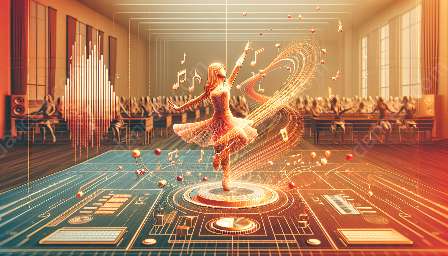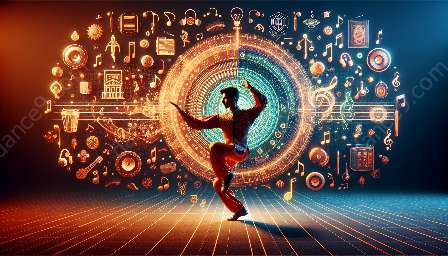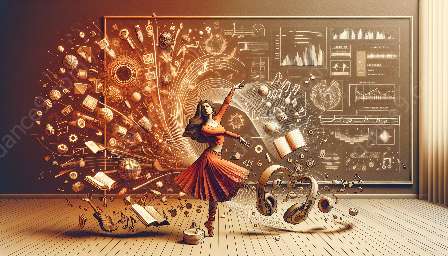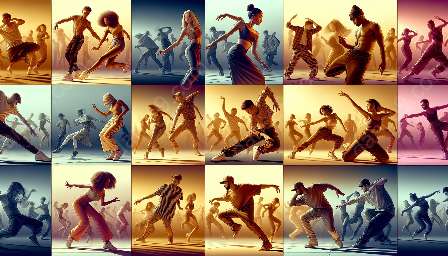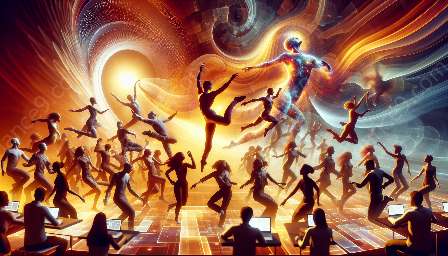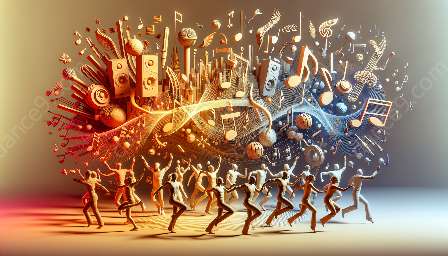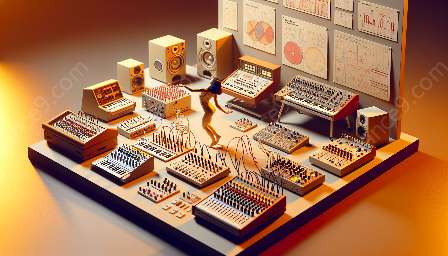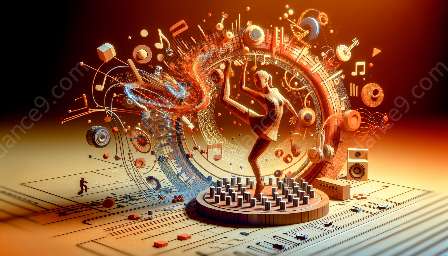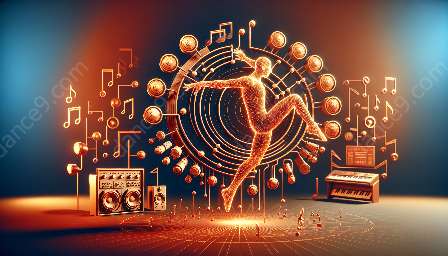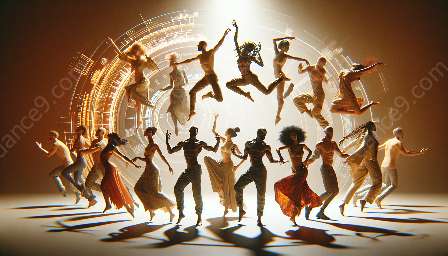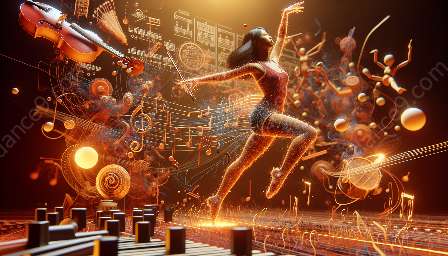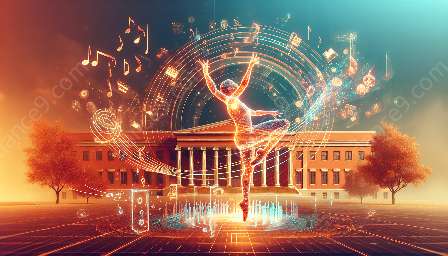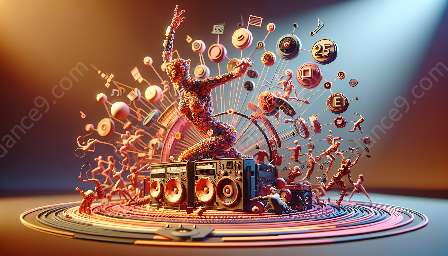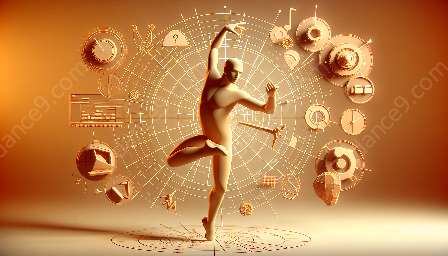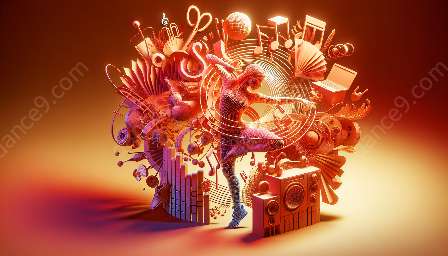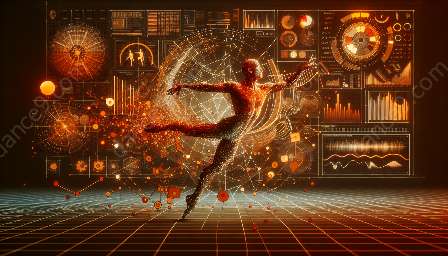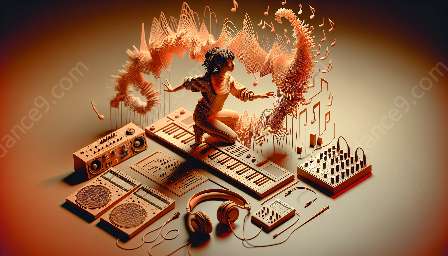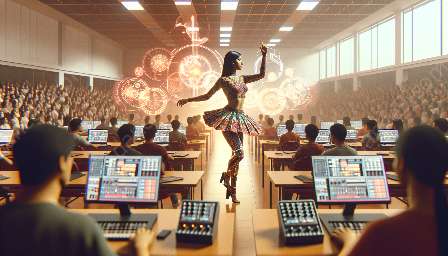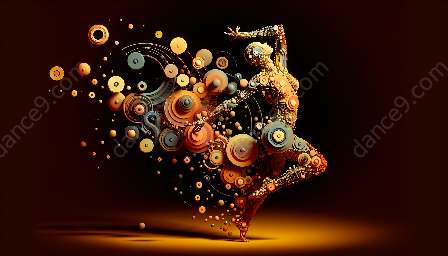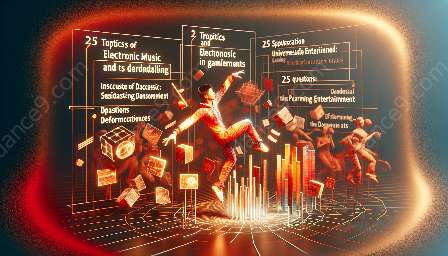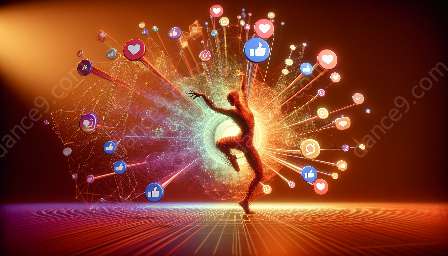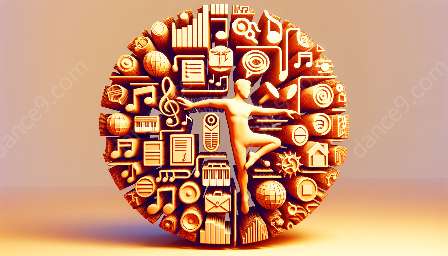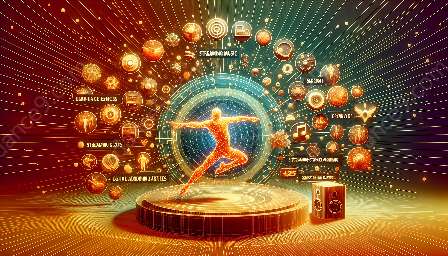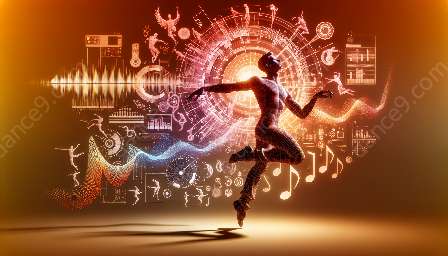Dancing to electronic music has a profound psychological effect on individuals, influencing their emotions, behavior, and overall well-being. The combination of dance and electronic music creates an immersive experience that connects people on a deeper level, shaping their thoughts and actions.
Understanding the Influence of Dance & Electronic Music
Dance and electronic music have a symbiotic relationship, each influencing the other in unique ways. The energy and rhythm of electronic music drive the movement and expression in dance, while dance enhances the auditory experience of electronic music. Both elements provide a holistic sensory experience, impacting individuals psychologically.
The Psychological Impact of Music on Emotions
Electronic music has the power to evoke a wide range of emotions, from euphoria to nostalgia and everything in between. The pulsating beats and melodic patterns create a dynamic landscape that resonates with the listeners' emotional state, influencing their mood and behavior. When combined with dance, the emotional impact of electronic music is amplified, as individuals express and embody the music through movement.
Enhancing Self-Expression and Confidence
Dance offers a platform for self-expression, allowing individuals to convey their emotions and personality through movement. When paired with electronic music, dance becomes a vehicle for personal empowerment, boosting self-confidence and self-esteem. The freedom to express oneself through dance to electronic music can lead to a greater sense of self-assuredness and authenticity.
Stress Reduction and Mindfulness
The infectious energy of electronic music combined with the physical activity of dancing can alleviate stress and promote mindfulness. The rhythmic patterns and repetitive beats create a hypnotic effect, guiding individuals into a state of flow where they are completely immersed in the present moment. This mindful engagement with the music and movement can relieve tension and elevate mood.
Creating Social Connections and Unity
Dancing to electronic music often takes place in social settings, fostering a sense of community and connection. The shared experience of moving in synchrony to the same music creates a bond between individuals, promoting a feeling of unity and belonging. This social dimension of dancing to electronic music has a positive psychological impact, enhancing social connections and reducing feelings of isolation.
The Intersection of Dance & Electronic Music
The intertwining of dance and electronic music transcends individual psychological effects, influencing the collective psyche of communities and cultures. Festivals, clubs, and events centered around electronic music and dance serve as hubs for cultural exchange and expression, shaping entire social landscapes in meaningful ways.
Empowerment and Freedom of Expression
Through dance and electronic music, individuals find a platform for empowerment and liberation. The freedom to express oneself through movement and music fosters a sense of agency and autonomy, empowering individuals to break free from societal constraints and embrace their authentic selves.
Creative Inspiration and Innovation
The fusion of dance and electronic music fuels creativity and innovation, inspiring artists, performers, and creators to push boundaries and explore new frontiers. The dynamic interplay of movement and sound fosters a fertile ground for experimentation and boundary-breaking, leading to groundbreaking artistic expressions and cultural movements.
Cultural Identity and Diversity
Dance and electronic music are a reflection of cultural diversity and identity, serving as a canvas for diverse expressions and perspectives. The intersection of different dance styles and electronic music genres creates a rich tapestry of cultural fusion, celebrating the unique heritage and traditions of communities around the world.
Transformative Experiences and Memory Formation
Dancing to electronic music creates transformative experiences that leave a lasting imprint on the psyche. The combination of sensory stimulation, social interaction, and emotional resonance embeds these moments in the collective memory, shaping personal narratives and cultural histories.
Conclusion
The psychological impacts of dancing to electronic music are multifaceted and far-reaching. From individual emotional responses to collective cultural transformations, the intersection of dance and electronic music shapes our perceptions, emotions, and behaviors, influencing the very fabric of our psychological experience.


